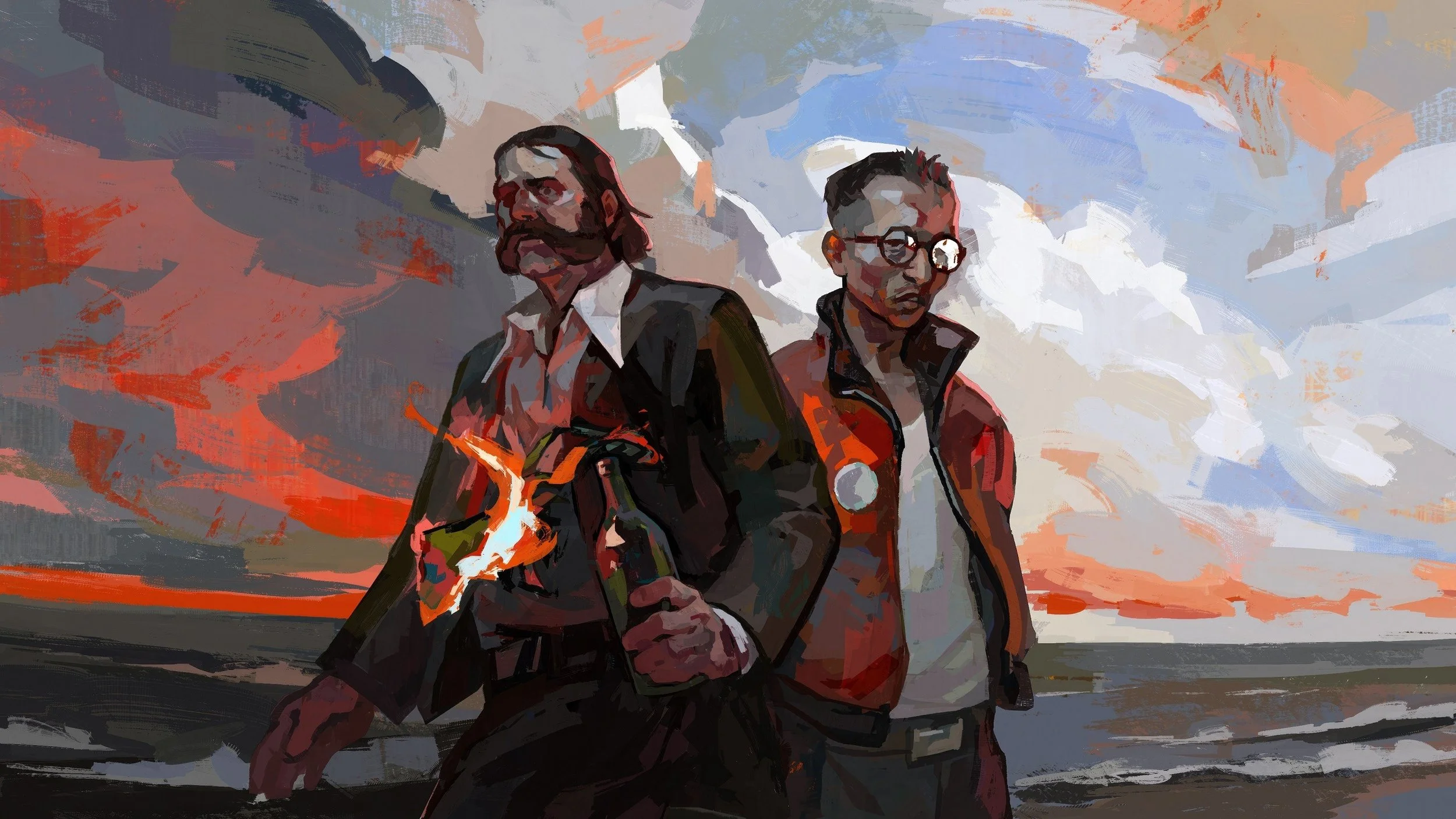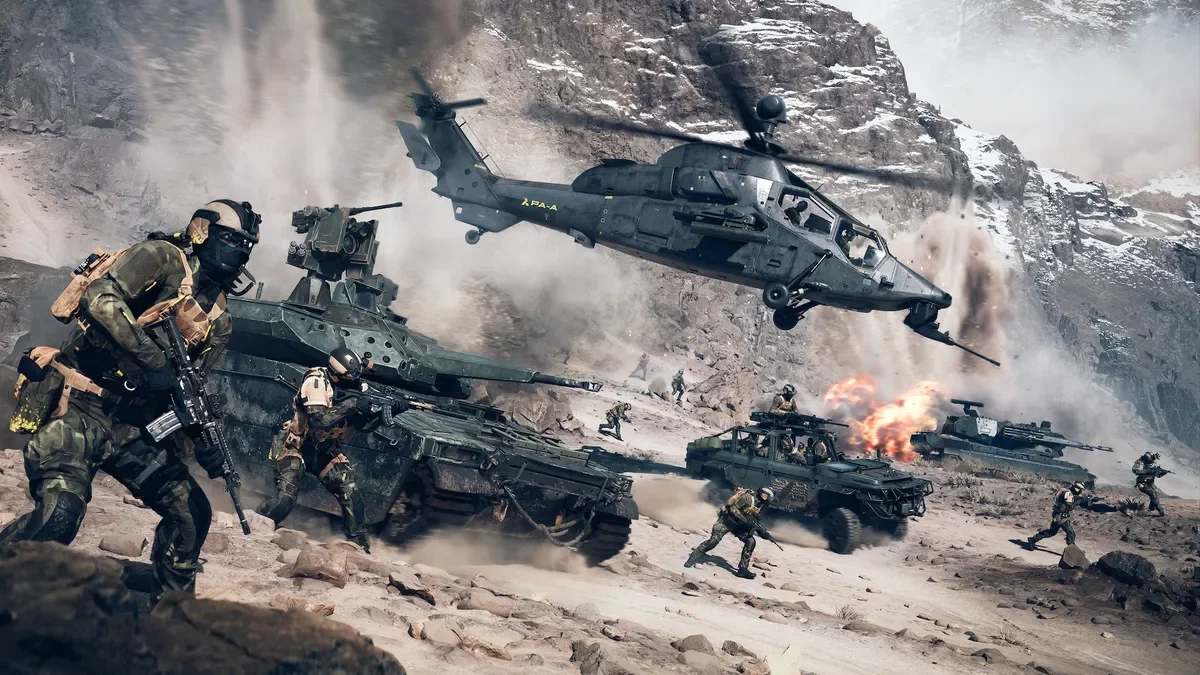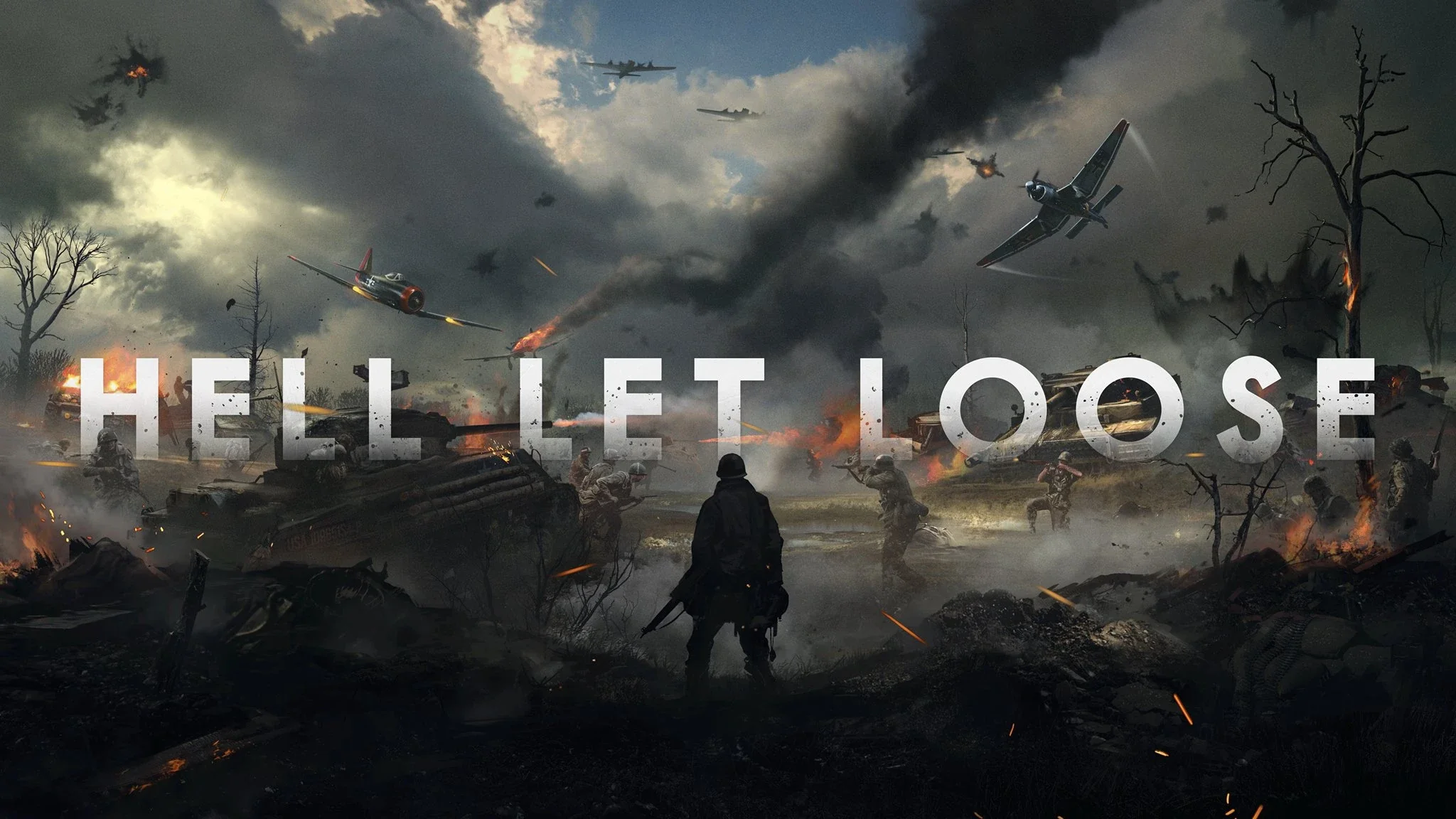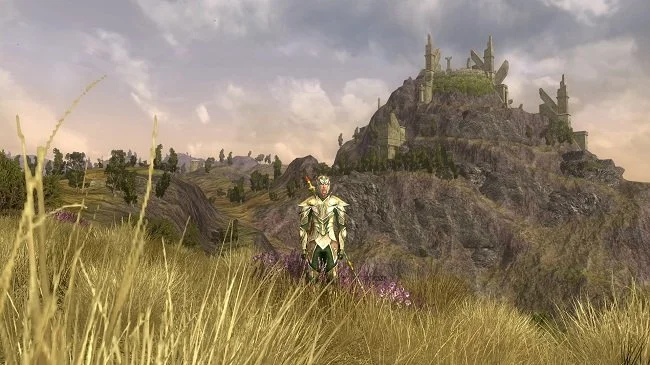“It’s Only a Game” and Other Perennial Arguments
Irrespective of one’s opinion (or lack thereof) of the “popular” streamer and gamer Ninja, one cannot deny that he has both influence and reach in certain quarters of the gaming community. Hence when he makes a statement such as the one he did recently on Twitter, it will inevitably become a talking point and cause ripples within the current gaming zeitgeist. “The phrase "it’s just a game" is such a weak mindset. You are okay with what happened, losing, imperfection of a craft. When you stop getting angry after losing, you’ve lost twice. There’s always something to learn, and always room for improvement, never settle”. For the sake of context, something that is sometimes lost due to the brevity of Twitter, Ninja is a Professional Gamer (among other things) so naturally this has a bearing upon his gaming worldview. However, even bearing this in mind, he hasn’t really said anything new. A robust rejection of the old “it’s only a game” statement is a hardy perennial argument in the gaming community. One that makes me roll my eyes and sigh heavily every time I see it, as it’s been addressed so many times.
There are so many ways to counter this argument. Not all games are competitive challenges nor need to be experienced as one. Then there’s the fact that people play games for different reasons. Not everyone sees every activity as an opportunity for continuous self improvement. In fact rendering the entire human condition into terms of winning or losing is not really the most flexible philosophy for navigating life. And then there’s the concept that failure is an invaluable learning tool and that it should be embraced instead of eschewed. All of these and many more counter points have often been employed to address the assertion that if you’re not learning and improving, then you’re playing the game wrong. But the one aspect of Ninja’s comments that I’d like to focus upon is the notion that you need to get “angry” and that not having an emotional response to losing is a failing. I find it a troubling comment because of his fanbase and audience. They tend to be mainly teenagers and young people. Gamers who play such titles as Fortnite and Apex Legends. Many of whom are just starting out in life and having to find their way around the complexities of the modern world. I don’t believe that encouraging anger as a means of motivation is the best advice one can give or that it will yield positive results.
Anger is an emotional response. There is such a thing as “righteous anger” but I don’t think it is relevant to losing a video game. It’s something I more associate with lobbying and campaigning. The survivors of the Grenfell Tower fire have a justifiable reason to be legitimately angry. Losing your shit because you lost a game of Fortnite seems somewhat shallow and self indulgent. Exactly what or whom are you angry with anyway? Yourself for your own poor performance? Well that may well be a legitimate concern but wouldn’t it be more useful to turn that rage into a dogged determination to improve? And as for anger at your opponent, well that’s something you need to come to terms with if you wish to grow emotionally. If competitive gaming of any kind evolves into a mass sulk-fest, then all you end up doing is driving people away. I don’t like to be around people continuously losing their temper and getting angry. Ill worlds and behaviour promote ill feelings. Plus I don’t consider emotional outbursts to be some form of uncompromised self expression. What ever happened to such concepts as being gracious in defeat, learning from your mistakes and the spirit of the game. Is there no longer joy in competing or is it now just a case of winning and everything else is “crap”?
Another aspect of Ninja’s comments that has given me pause for thought, is that they seem to reveal a need for validation. Competitive gaming is like many other sports, driven by aspirations to be the best. There’s nothing wrong with such motivations but they can also be fueled by a desire for ego stroking and public adulation. Furthermore, when I see terms like “craft” it clearly indicates to me that here is someone who considers what they’re doing to be a serious and skilled undertaking. In this instance it is Ninja’s perspective on competitive gaming. But such sentiments necessarily apply to the gamer who’s playing at home for their own amusement, or with friends for the fun of social interaction. The validation that Ninja has sought and found in his relationship with gaming, may not exist for others who pursue their hobby in a different manner and for different reasons. Youth has enough social pressures placed upon them in the 21st century. Seeking some sort of fulfilment through professional gaming is not going to be readily available or even possible for all. I wouldn’t like it to see it advocated as yet another path to happiness.
The “it’s only a game” argument comes back regularly like a bad penny. Looking back at my own writing, I seem to get a blog post out of the subject at least once a year. That and the other old favourite, “you’re playing wrong”. However, despite my advocacy that a healthy sense of detachment is good with regard to all passionate pursuits, I do understand why someone like Ninja finds his hackles rising when the old “it’s only a game” adage is trotted out. I believe it comes down to the fact that the statement carries a whiff of dismissal. That in some circumstances, the person using this old chestnut is putting down, pooh-poohing or looking down on something that others have invested a great deal into. I do believe that some games can be art and that gaming per se is as valid a leisure pursuit as fishing or Kabbadi. However, there are those (and it’s usually a generational divide) who think the opposite. Where I and possibly Ninja differ, is that I don’t worry about others opinions, nor feel the need to convince them otherwise. I do not wish or need their approval. Wouldn’t it be easier to simply evangelise about what you love to those who already do the same, rather than demanding “respect” from those who don’t wish to give it?
Considering the platform that Ninja commands, it would be nice to see him disseminating more nuanced and thoughtful ideas. But I guess when you have reached his position in the gaming food chain, his perspective is naturally going to be somewhat skewed. When I first saw his comments, I was initially reminded of how certain sports personalities, particularly boxers and cage fighters, sometimes regale us with their thoughts on contemporary masculinity, racial diversity and sexual politics. Often these are considered to be out of step with modern sensibilities and “progressive” thinking. But again when one considers such individuals, their personal background and world experiences, it’s hardly surprising that they hold such worldviews. So taking stock of the situation, I guess Ninja’s comments should not come as a surprise. Nor the ensuing debate. Life is cyclical, so I see no reason why gaming culture should be any different. The only thing that changes as a result of the passage of time is my response. 15 years ago I’d stridently refute Ninja’s perspective and add my voice to the growing cacophony. Now I just muse upon the flaws inherent in such tweets, if indeed they are indeed flaws. Or is this just another manufactured debacle because Fortnite has another season starting soon?




























